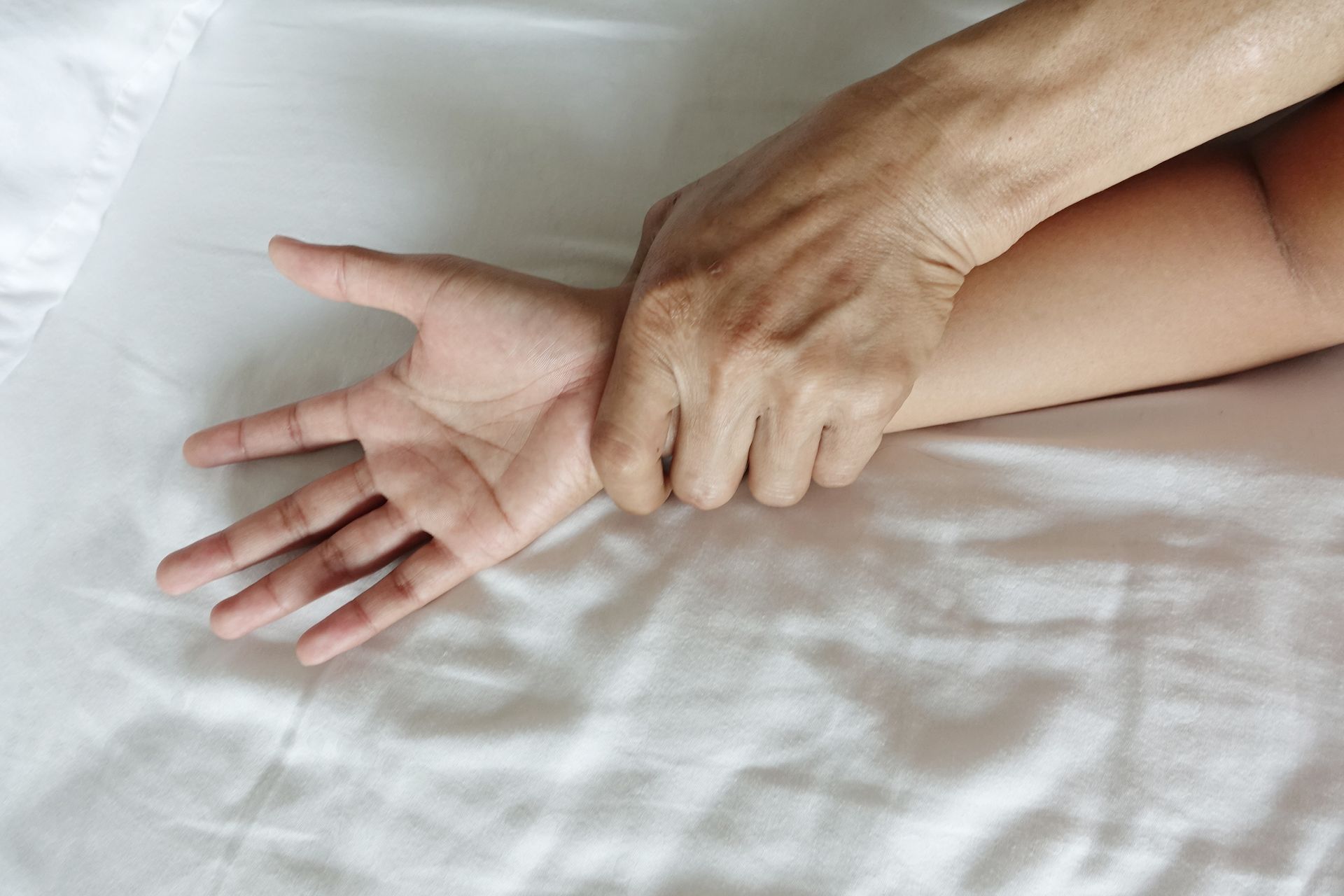Protecting Victims of Sexual Assault: The Legal Rights of Survivor
There are many challenges that survivors of sexual assault may face after an attack. These challenges can include feelings of shame, isolation, and self-blame. It can also be difficult for survivors to access support services or information about their rights. This article is intended to provide you with general information about the legal rights for victims of sexual assault. The laws in your state, city, or town may also have additional protections for vulnerable populations such as victims of domestic violence, people with disabilities, or members of the LGBTQ+ community. In any given state, there are a variety of laws and policies that protect persons from sexual assault and the communities they live in. This content only covers the basics of how these laws operate in the United States so that you can identify which protections you may have if you experience sexual assault. If you are concerned about your personal safety after being attacked or live in an area where there is a high risk of sexual violence against certain groups then we recommend consulting a local law firm to learn more about your specific situation and explore your options.
Legal Rights of Sexual Assault Survivors
Survivors of sexual assault have
rights that are protected by the laws in the United States. These rights include the right to physical privacy, the right to refuse unwanted sexual conduct, and the right to maintain personal dignity and autonomy. For example, if you feel uncomfortable with a person's advances, then you may be able to maintain your physical privacy by refusing to consent to sexual conduct. This could mean remaining in a public place or sitting on a park bench until your assailant leaves you alone. If you do not consent to unwanted sexual conduct, then it is illegal for that person to continue engaging in unwanted sexual conduct with you. If consent was given due to duress or force, then this would be considered consent under the law and there would be additional protections for victims such as protective orders issued by judges. In some cases, even if there was no consent given before an attack happened, individuals can still pursue legal action against their assailant after an attack has occurred. In addition to having these individual rights at hand when experiencing a sex crime, survivors also have access to resources created by state and local agencies as well as federal agencies like the National Center for Victims of Crime (NCVC) and the National Sexual Violence Resource Center (NSVRC).
What Does the Law Require?
In all states, it is illegal to engage in sexual intercourse with someone without their consent. Even if the other party says "yes" and seems to be enjoying the experience, your responsibility as a law-abiding citizen does not stop. Survivors of sexual assault need to know that in order to protect themselves from legal and social consequences of misconduct, they must report the incident to law enforcement or their school administrators immediately after the assault. Unless there is a reason why reporting would put them at risk, including fear of retaliation by the perpetrator(s), they should also report the incident to any other authority figures who have been involved in their life (these may include doctors, police officers, teachers, clergy members, etc).
What Does the Law NOT Require?
The law does not require that you report sexual assault to the police. However, if you are a minor and were assaulted by someone who is in a position of power or trust then your state may have laws that require you to report the incident. If you experience sexual assault, the law does not require your attacker to be charged with any crime. However, certain states do have statutes that prohibit attackers from coming into contact with their victim after committing an assault (for example, Florida Statute 810.09).
Help for Survivors of Sexual Assault
There are a variety of resources available to assist survivors of sexual assault. These resources can provide information about legal rights and options, help with seeking medical care, and/or help with obtaining victim compensation. Resources may also include referrals for support services and mental health care. If you have experienced sexual assault, your first step is always to report the crime to law enforcement. This ensures that the offender will be brought to justice and prevents others from being victimized in the future. If you are unable to report the attack immediately after it happens then contact a local sexual assault crisis center as soon as possible so they can provide you with a safety plan and support you while you wait for your time to come. Another option would be to contact any one of the many advocacy organizations that are available nationwide.
Legal Rights of People Who Know a Survivor
The laws in your state may have some specific protections for survivors of sexual assault. For example, if you are a friend or family member of a survivor and the survivor was under 18 years old at the time, then you may be able to file a lawsuit against the person who attacked them. If you are in an abusive relationship with someone who has been accused of sexual assault, then the law may protect you if they are not convicted. You can also seek protection from domestic violence legislation by contacting your local police department or courthouse. If you live in an area where there is a high risk of sexual violence against certain groups such as women or people of color, then there may be protections for these individuals or groups. If someone does not believe that you were raped because you did not report it within 72 hours, then this could be considered defamation, which is punishable by law.
Legal Rights for Witnesses of Sexual Assault
If you are a witness to an assault, there may be specific precautions that you need to follow. The most common precaution for witnesses of sexual assault is to avoid contact with the assailant. If you come in contact with them and they do not know that the assault is reported then they may harm you or others. If you do not want to take this precaution then we recommend consulting your local law enforcement center or a law school representative. There are also special precautions if the assailant is known to have a certain condition such as a history of violence or substance abuse. In these cases, it is recommended that you seek out protection services to ensure that you are safe and your safety isn’t compromised.
Legal Rights for Accused Individuals in Sex Crimes Trials
A person accused of a sex crime has the right to be informed of the charges, to be able to have a lawyer and to have the right to stay silent. Those accused of sex crimes are often asked questions like "are you remorseful?" or "why would you do something like that?" It is important for individuals in these circumstances to remain silent and not provide any information on the matter. Individuals should also have access to medical care if they need it. The individual may need special accommodations when they enter the courtroom or during questioning. The victim may also ask for an officer or advocate who can help them navigate the criminal justice system. These questions are best discussed with your attorney or legal services provider. This content does not go into detail about how this applies in your specific state, but it is meant as a general overview of what you might expect after being accused of sexual assault.
Conclusion
Our society has seen a shift in the way we view sexual assault. As more people are coming forward to share their experiences, it's more important than ever for people to learn about the legal rights of survivors. By understanding what the law requires, you can advocate for your friends and family members who are dealing with this issue.
If you want to learn more about the legal rights sexual assault victims have in Orlando, Florida, contact
Hanlon Law. Hanlon Law will inform you about how sexual assault victims are protected and under what laws.
Contact us today to schedule a consultation.












